Does CBD Increase Appetite?
Since both CBD and THC are compounds found in the cannabis plant, many people incorrectly assume that they cause similar effects. In fact, it has been proven over and over again that, unlike THC, CBD doesn't make you high. But does CBD increase or decrease appetite?
Let's find out.
Does CBD Make You Hungry?
If there's one thing THC is known for, other than making you high, is its ability to make you hungry. Often called the "munchies," most people are aware that consuming THC often makes you want to consume copious amounts of food... even if you weren't particularly peckish in the first place.
However, THC is just one of over 100 cannabinoids contained in the cannabis plant. Research suggests that CBD may influence the metabolism, but can it make people ravenous like THC typically does? This raises interesting questions about how cannabinoids might affect food intake and body weight. A recent appetite review noted distinct differences in how various cannabinoids may affect appetite stimulation or appetite suppression depending on dosage and delivery method [Pinto & Martel, 2022]. To get a better understanding of this, let's first take a look at why consuming THC stimulates appetite.
It all deals with how each cannabinoid interacts with the endocannabinoid system. As with most things, there's actually science behind the munchies. Check it out below.
Why Does THC Stimulate Appetite?

It's not a new fact that humans have been cannabis users for thousands of years. There are even records that indicate that people were aware that cannabis use could cause hunger as early as 300 AD!
THC is the most abundantly found cannabinoid in the cannabis sativa plant and is also the cannabinoid that’s responsible for stimulating the appetite. The reason people get the munchies is because THC binds to and activates the cannabinoid-1 (CB1) receptors in the endocannabinoid system.
CB1 receptors are found primarily in the brain, but are also in smaller concentrations in some other areas of the body. These receptors play a significant role in hunger and appetite.
CB1 receptors are found in a few areas of the brain that are involved in the way we feel about and perceive food. For one, they're present in the hypothalamus, which is considered the primary regulator of appetite and controls biological functions like hunger and thirst. CB1 receptors are also present in the basal ganglia, which is associated with your internal reward system and may stimulate the pleasure we get from eating.

THC also stimulates the appetite by increasing the levels of a hormone known as ghrelin, which causes an increase in food intake. Ghrelin is a hunger hormone and when the stomach is empty, you produce more of it, which in turn signals the brain to create a feeling of hunger. Since THC increases ghrelin, it can cause you to feel hungry even if you're not. This process represents a form of appetite stimulation that is well-documented in existing cannabinoid research.
Overall, there's some serious science behind getting the munchies when THC is consumed. CBD, however, doesn't interact with CB1 receptors in the same way as THC. This is why CBD doesn't get you high... and also why it likely won't lead to the munchies. In fact, some sources exploring CBD's effects have noted its potential role in appetite suppression, though conclusions vary and require further research.
The Influence of the Endocannabinoid System on Gut Health and Digestive Function

It’s likely you’ve heard that gut health is important for maintaining your overall health and well-being. The gut isn't just where our food is digested; it also communicates directly with the brain and is connected to immune function, inflammation management, mood level and more. Did you know, for example, that 90% of serotonin is produced in the gut?
Obviously, diet affects gut health, but so does stress, lack of sleep and excessive alcohol consumption. So how do you know when your gut health is suffering? The following are some clear signs that the health of your gut could use some fine-tuning:
-
Digestive issues like bloating and cramps
-
Constipation
-
Loose bowel movements
-
Food allergies
-
Brain fog
-
Weight gain
-
Trouble sleeping
-
Feeling exhausted
Research demonstrates that the ECS system is largely responsible for controlling gut function and influences gut health in many different ways. Some studies even suggest the ECS might indirectly support aspects related to appetite and body weight, though further research is still needed. A 2020 systematic review of cannabinoid-related metabolic studies also highlighted gut health as a recurring theme in discussions of energy balance (Di Marzo et al., 2020, International Journal of Molecular Sciences, https://www.mdpi.com/1422-0067/21/10/3549).
Controls Inflammation
Gut inflammation can manifest in several ways. Irregular menstrual periods, fatigue, unexplained nausea, bloating, constipation, mood swings and more are all potential indicators of an inflamed gut. Both CB1 and CB2 receptors can help regulate inflammation.
Moderates Digestion
Like we mentioned earlier, healthy digestion is crucial for overall health and well-being. When the food we eat moves freely through the digestive tract, we are better able to absorb the nutrients it contains and mitigate issues such as nausea, upset stomach, constipation and excess stomach acid. Stimulation of cannabinoid receptors in the gut might have a positive impact on the gastrointestinal tract. This, in turn, may influence patterns of food intake and overall comfort.
Improved Gut/Brain Communication

The gut and the brain have an intimate relationship. When the brain isn't functioning properly due to stress, lack of sleep or anything else, the gut is affected. Likewise, when the gut isn't functioning as it should, the brain is also affected. What's responsible for communication between the two?
Because the ECS is responsible for the communication between your gut and your brain, by maintaining homeostasis of the endocannabinoid system, this communication is notably improved. Some experts are also exploring how this relationship could influence energy regulation and the production of brown fat, a type of fat involved in metabolism [Silvestri et al., 2015]. This line of research also includes how cannabinoids might promote brown fat formation and potentially convert white fat into metabolically active tissue.
Consider speaking with a healthcare professional if you are concerned about the effects of CBD, interactions, safety and side effects.
CBD Might Not Make You Hungry, But It Might Make You Feel Like Eating
If you're looking for a cannabinoid to help increase appetite, CBD likely won’t be your best bet. While many people think that CBD will have the same effect on their appetite as THC, the cannabinoids influence the body in clearly different ways.
Notably, CBD oil can support homeostasis in the body, which in turn could help improve gut health and balance out your appetite and body weight.

While CBD products don't have the same effect on one's appetite as THC, it may help the body maintain its digestive health. If you're still wondering if CBD makes you hungry, the short answer is no. It could, however, help your body maintain homeostasis, which in turn might support a regular appetite. For many, fine-tuning and balancing out the ECS is precisely what it takes to achieve optimal metabolic health. There is also growing interest in how CBD might interact with fat cells, especially in relation to how the body stores or converts white fat cells. These inquiries are closely related to ongoing studies on CBD health benefits and weight loss, though much more research is needed to draw firm conclusions.
Thanks for reading! To show how much we appreciate you, we’re going to give you 16% off your next order. Just use code READER16 at checkout! And, as always, feel free to contact us with any questions or concerns you may have. We want to ensure your CBD oil experience is a positive one, and we're always here to help!
CBD Research and References:
Silvestri, C., Paris, D., Martella, A., Melck, D., Guadagnino, I., Cawthorne, M., ... & Di Marzo, V. (2015). Two non-psychoactive cannabinoids reduce intracellular lipid levels and inhibit hepatosteatosis. Journal of Hepatology, 62(6), 1382–1390. https://www.journal-of-hepatology.eu/article/S0168-8278(15)00003-3/abstract
Pinto, J. S., & Martel, F. (2022). Effects of Cannabidiol on Appetite and Body Weight: A Systematic Review. Clinical Drug Investigation, 42(10), 909–919. https://doi.org/10.1007/s40261-022-01205-y
Parray HA, Yun JW. Cannabidiol promotes browning in 3T3-L1 adipocytes. Mol Cell Biochem. 2016 May;416(1-2):131-139. https://pubmed.ncbi.nlm.nih.gov/27067870/
Bridgeman, M. B., & Abazia, D. T. (2017). Medical Cannabis: A Review of Clinical Data and Relevant Animal Studies, 42(3), 180–188. https://www.ncbi.nlm.nih.gov/pmc/articles/PMC5569602/
Hussain, S. A., Zhou, R., Jacobson, C., Weng, J., Cheng, E., Lay, J., Hung, P., Lerner, J. T., & Sankar, R. (2015). Perceived efficacy of cannabidiol-enriched cannabis extracts for treatment of pediatric epilepsy: A potential role for infantile spasms and Lennox–Gastaut syndrome. Epilepsy & Behavior, 47, 138–141. https://doi.org/10.1016/j.yebeh.2015.04.009




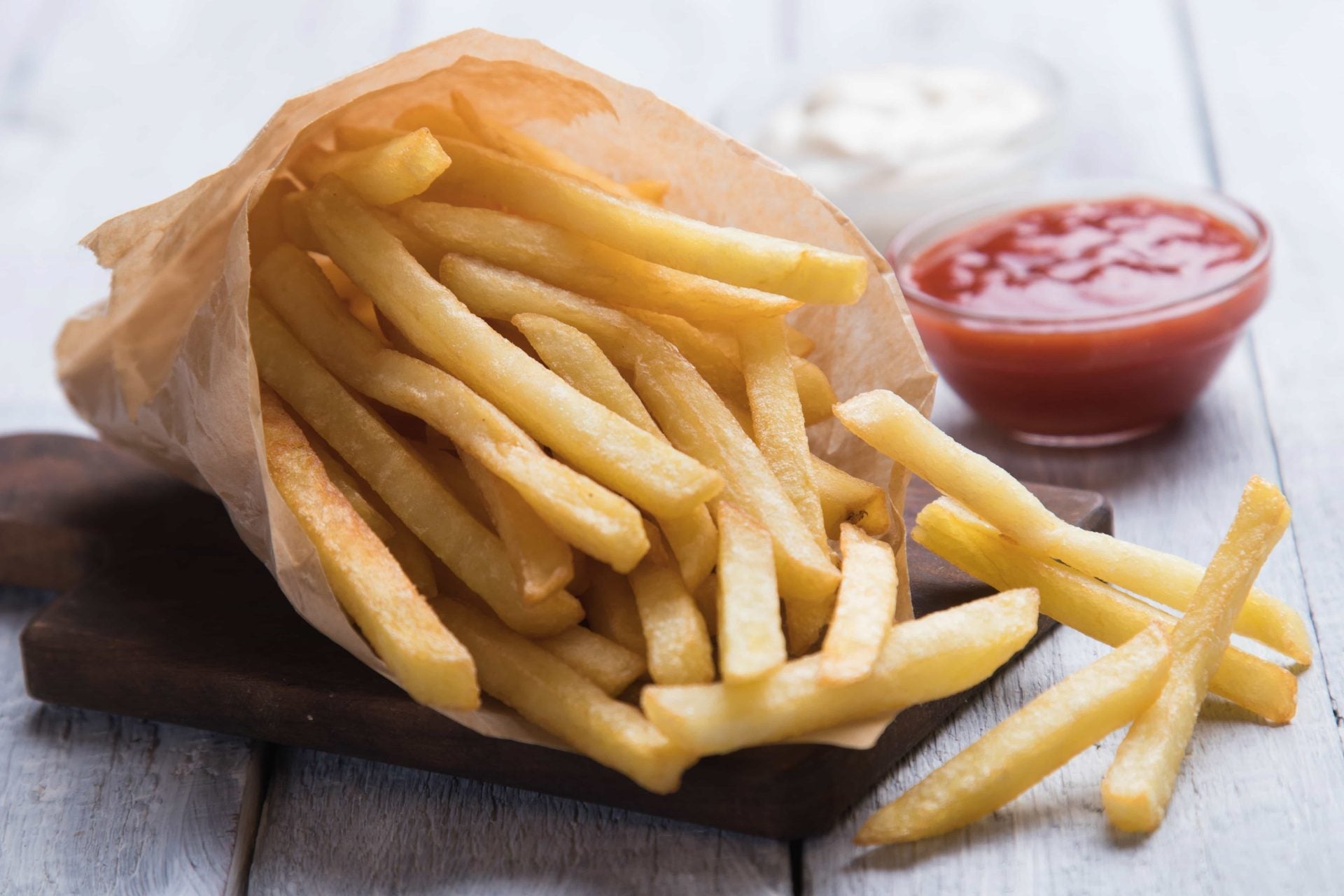





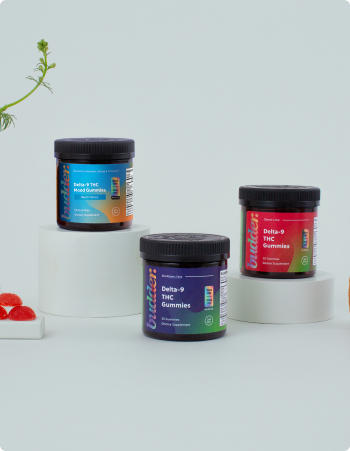























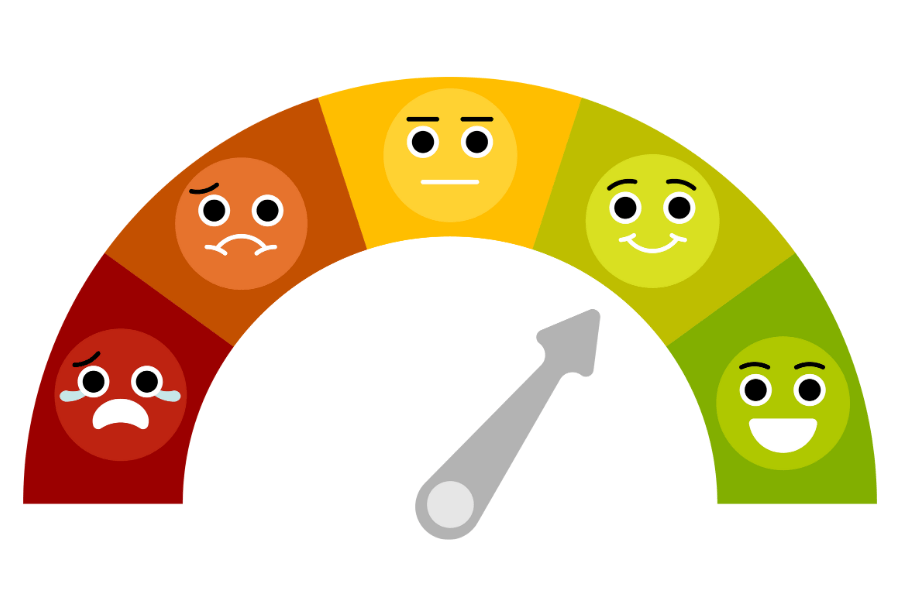
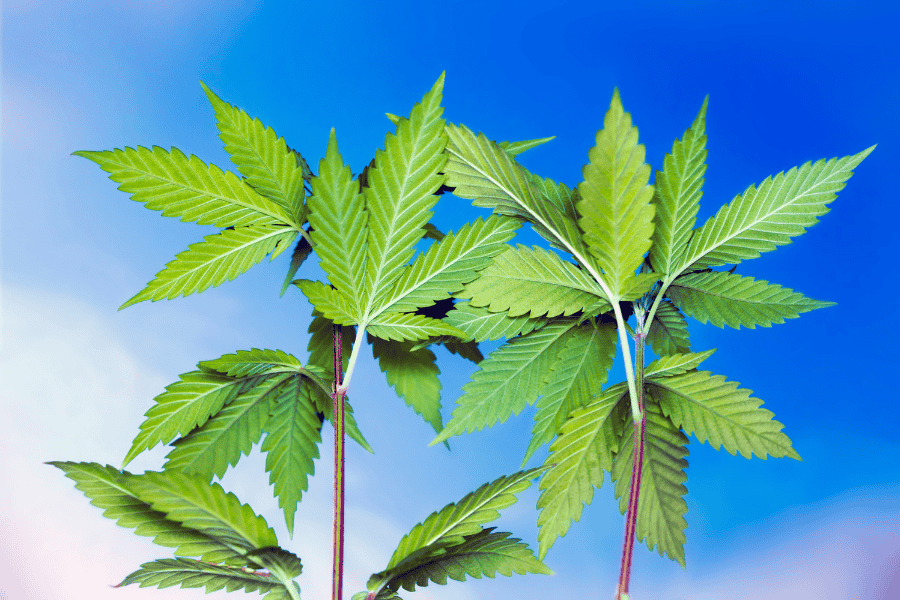






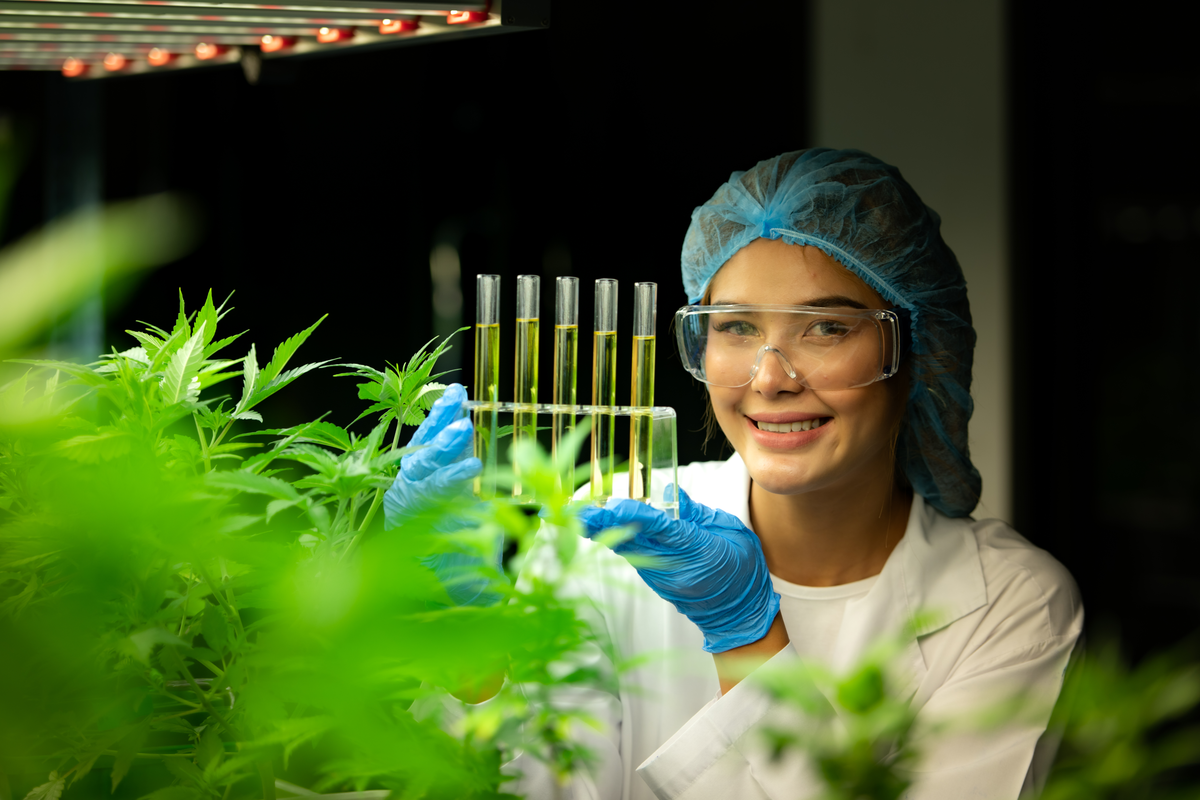










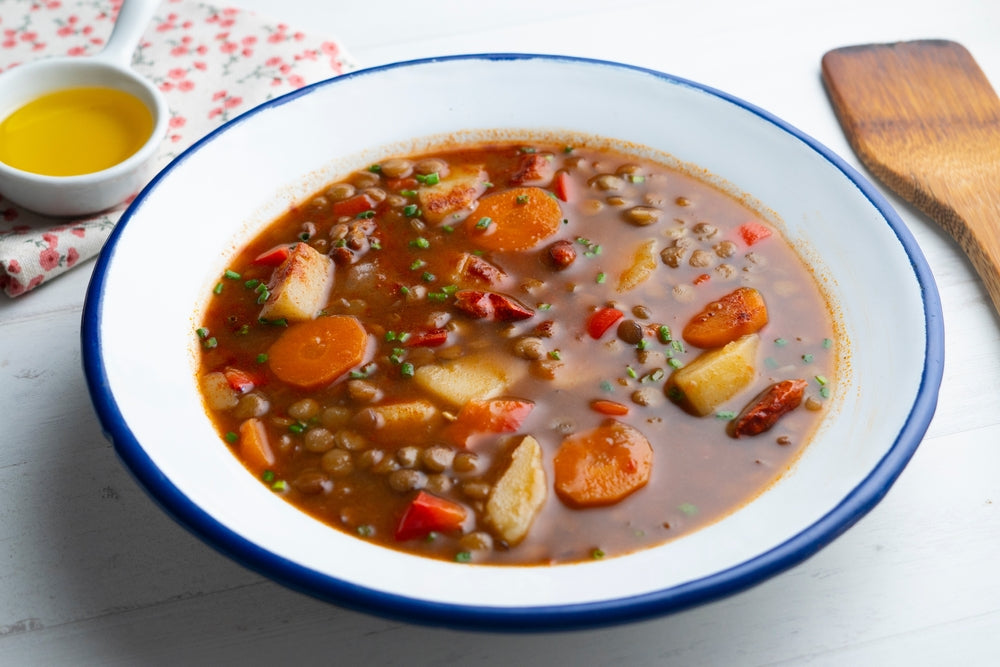
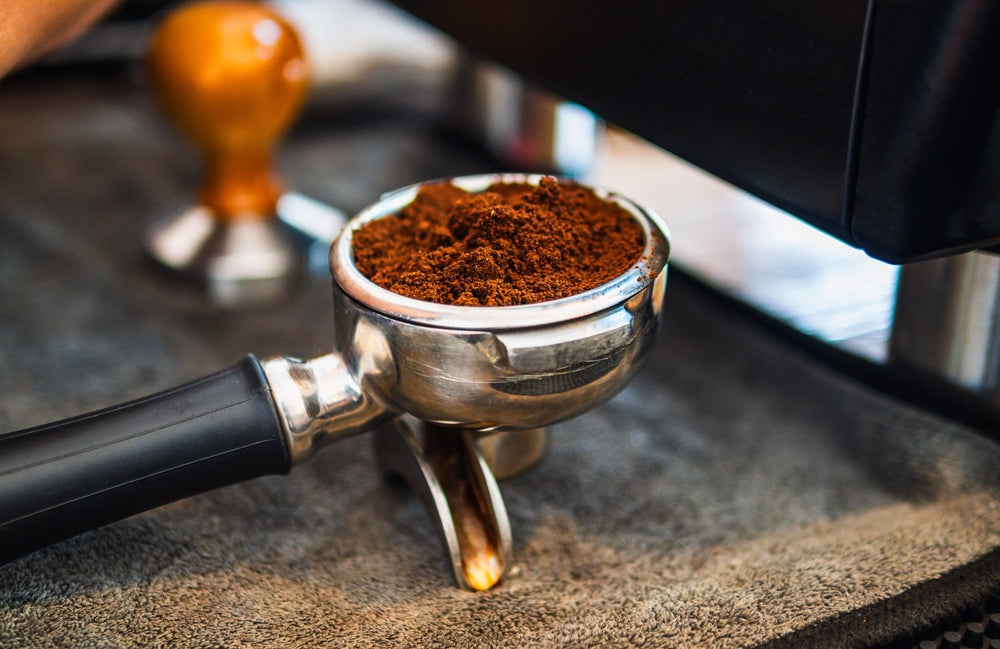

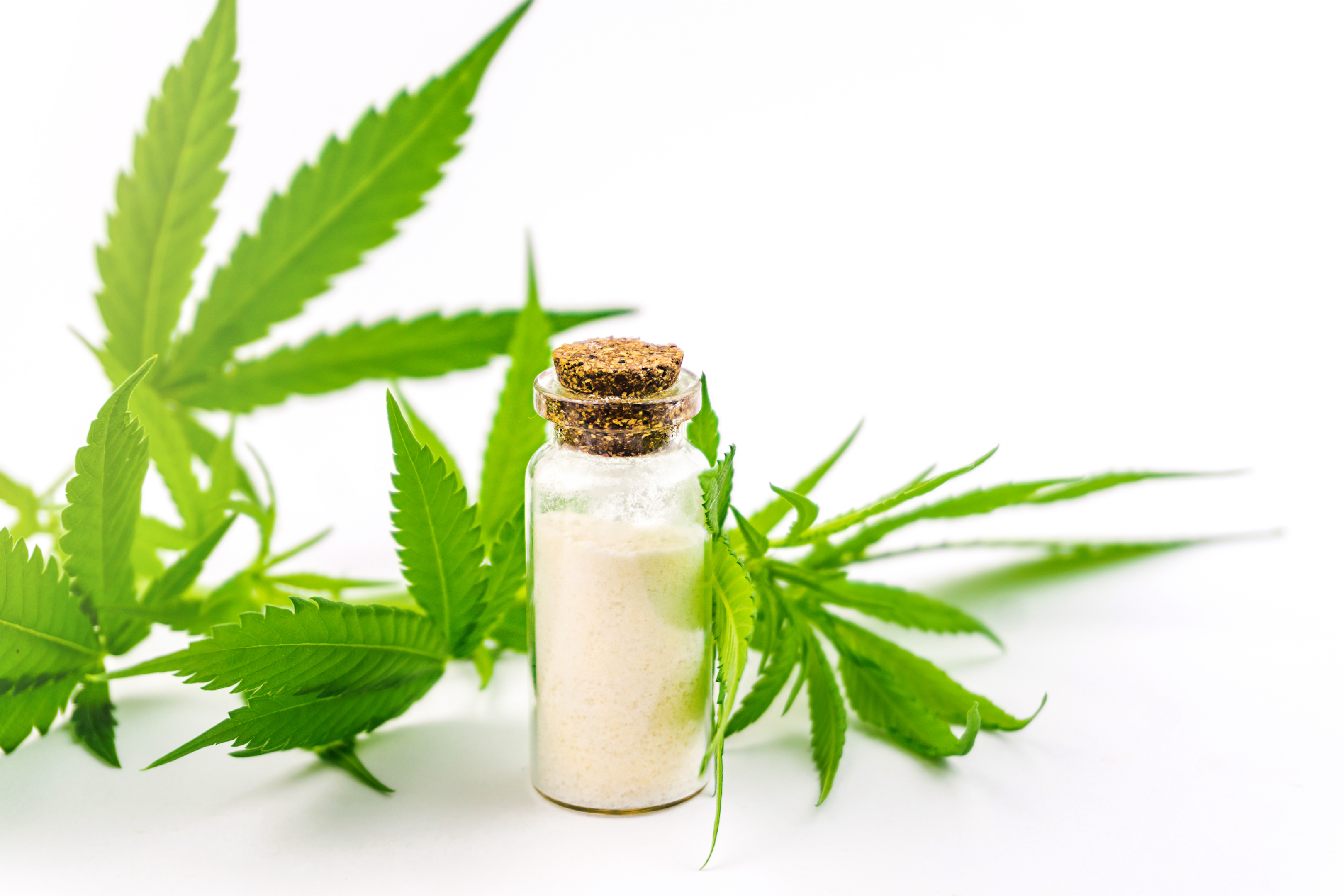

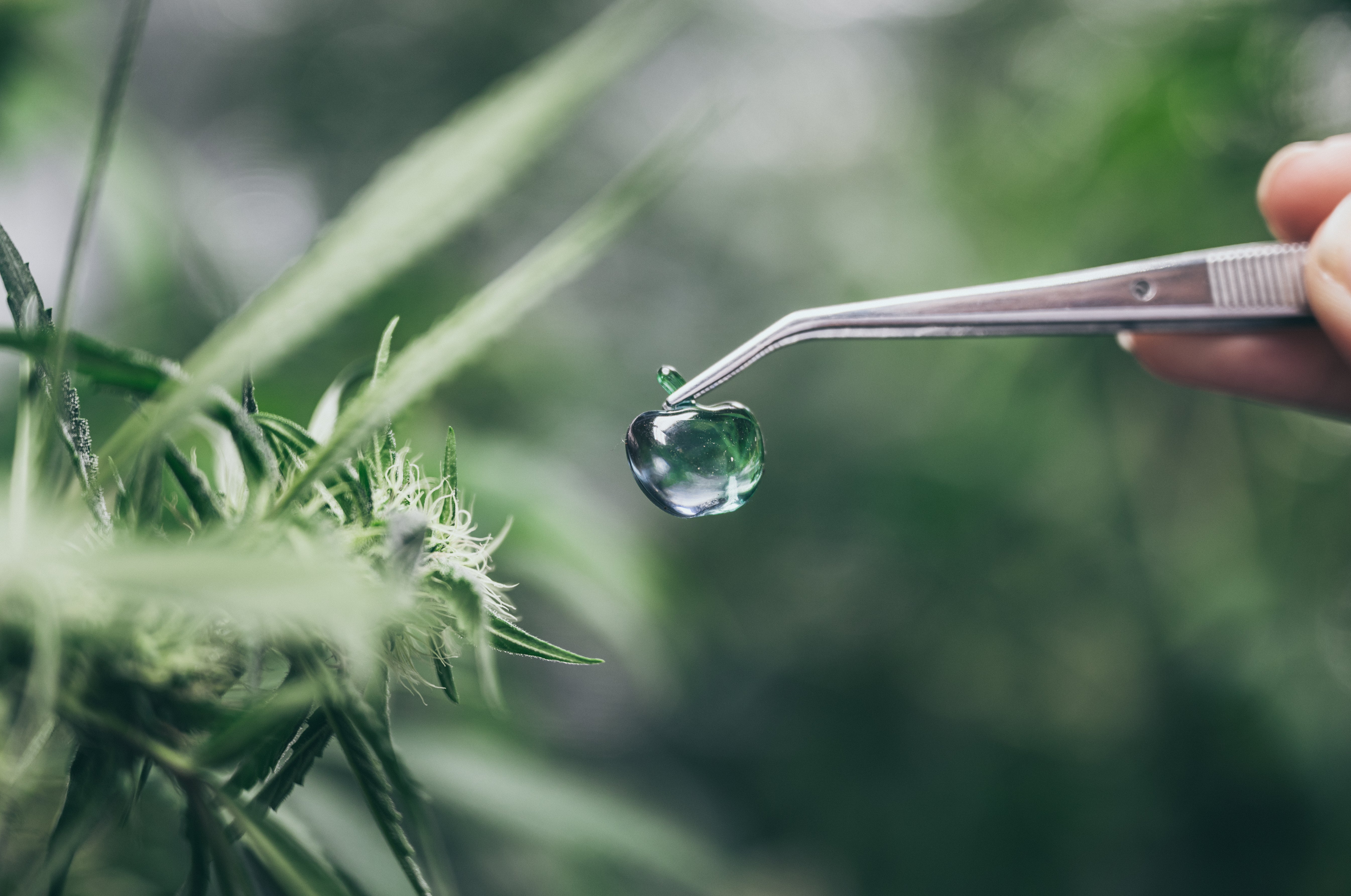
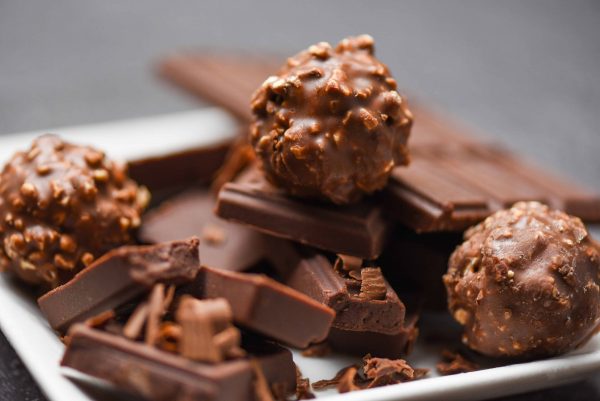
Join in on the Conversation
Your email address will not be published. Once your comment is approved, it will be published.